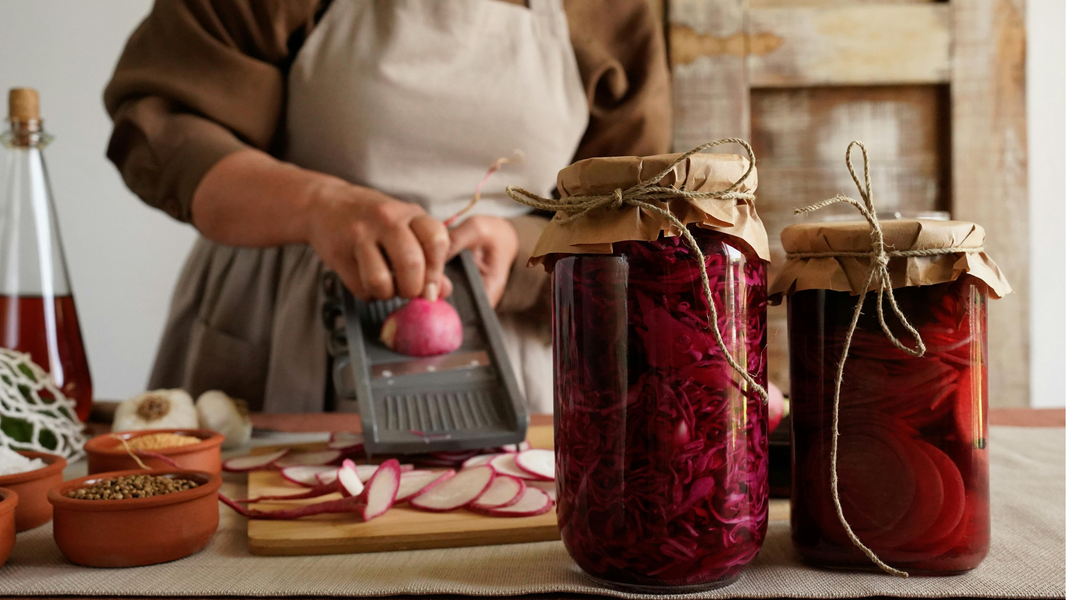What type of oil should I use for cooking?
Cooking oil gets a bad wrap, but they are an essential source of healthy dietary fat. The fats in oils help the body absorb vitamins A, D, E, and K. They are also necessary for brain and nerve function.
The 2015–2020 Dietary Guidelines for Americans recommends adding nutritious oils to the diet to help support healthy body weight and reduce the risk of heart disease.
There are a variety of oils to choose from. One of the best ways to determine a good cooking oil is to look at the smoke point.
A higher smoking point means that the oil can withstand a higher temperature without breaking down into less healthy byproducts (Bockisch 1998). These byproducts result from “oxidative damage” oils undergo above their smoke point (Dobarganes and Marquez-Ruiz 2015).
In addition to heat, oxygen and light can cause this “oxidative damage.” That's why it’s important to store oils properly when they aren’t in use. When you’re not using them, keep oil in a cool, dry, dark place, and screw the lid on tight.
Good oils for cooking:
- Coconut oil
- Grapeseed oil
- Avocado oil
What oils should I consume raw?
Some oils are nutritious but should only be consumed raw due to their lower smoke point.
Use these oil varieties in salad dressing, smoothies, or as a dip for bread.
Good oils to consume raw:
- Olive oil
- Flaxseed oil
- Hemp oil
How much oil should I consume per day?
The USDA recommends consuming small amounts of oils, about 1-2 tablespoons per day for most adults (USDA 2015). While beneficial, we still want to moderate consumption for a balanced lifestyle.
Bockisch, Michael. 1998. Fats and Oils Handbook. Champaign: AOCS Press.
Dietary guidelines for Americans 2015-2020 (eighth edition). (2015).Dobarganes, Carmen, and Gloria Marquez-Ruiz. 2015. “Possible adverse effects of frying with vegetable oils.” British Journal of Nutrition 113 Suppl 2:S49–57. doi: 10.1017/ s0007114514002347.






